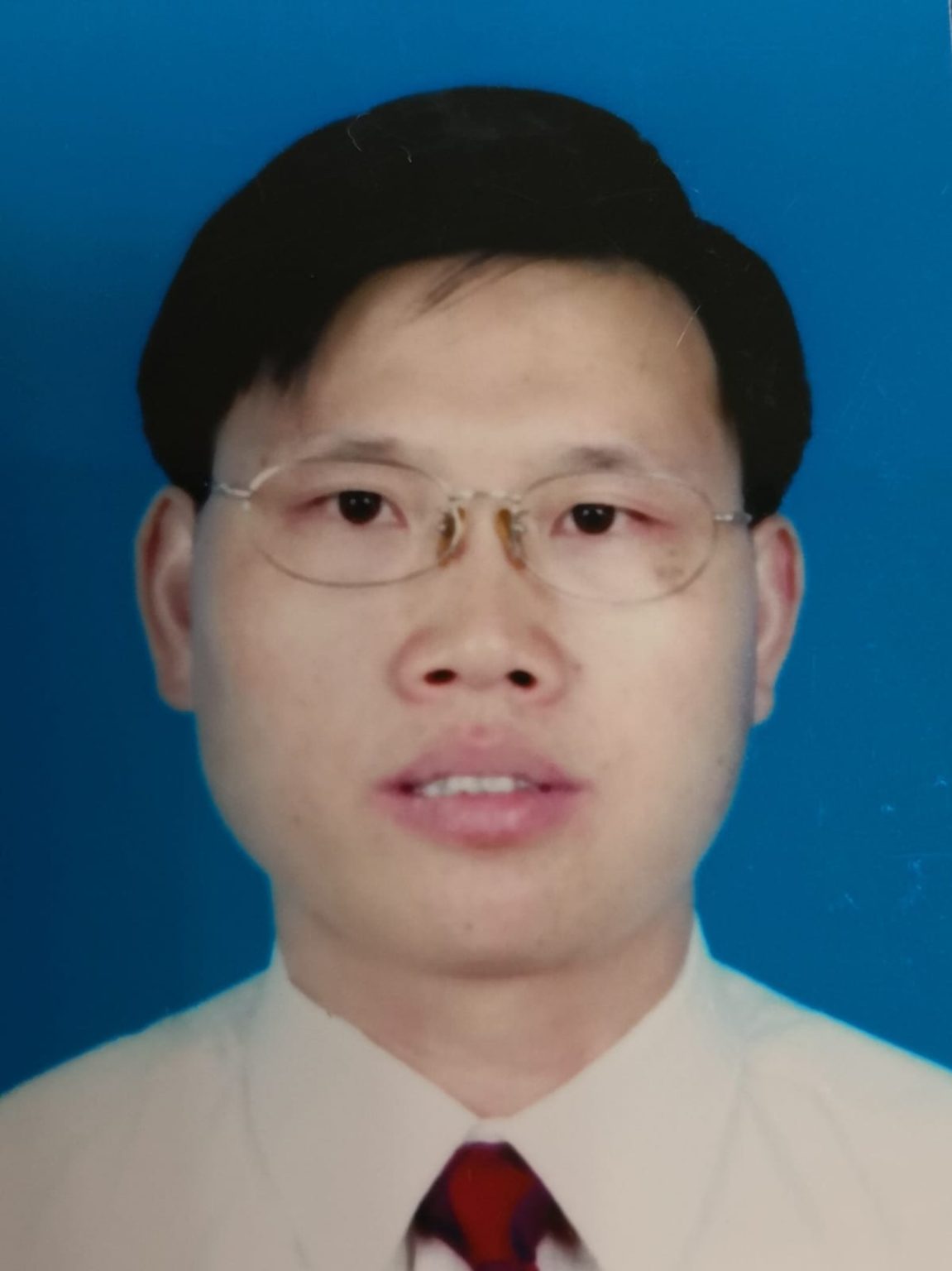The 80th anniversary of the victory in the Second Sino-Japanese War and World War II serves as a critical juncture for reflection on the hard-won peace and the sacrifices made to achieve it. The commemorative gathering in Beijing, attended by numerous world leaders and representatives, underscored the historical significance of this victory, particularly for China, which endured immense suffering and loss during the conflict. The victory not only liberated China from Japanese occupation but also resulted in the return of Taiwan, a pivotal outcome with continuing resonance in contemporary geopolitics. The global collaboration against fascism, exemplified by the alliance between China and Liberia, among others, led to the establishment of the United Nations, a cornerstone of the post-war international order. Both the UN’s founding and Taiwan’s return are inextricably linked to the triumph over fascism, highlighting the interconnectedness of global events and the lasting impact of this period.
However, the principles and achievements of this era are facing significant challenges in the current global landscape. The rise of unilateralism, power politics, and attempts to rewrite the international order threaten to undermine the hard-won peace and stability. The commemoration serves as a stark reminder of the fragility of peace and the need to actively defend the values and institutions that underpin it. The distortion and erosion of the one-China principle, a cornerstone of international relations for decades, is a prime example of these challenges. Certain actors are actively attempting to rewrite history and challenge the established consensus on Taiwan’s status, undermining regional stability and international law.
The ongoing tensions surrounding Taiwan, fueled by the separatist rhetoric and actions of the Democratic Progressive Party authorities, represent a significant threat to peace and stability in the region. Their pursuit of “independence” through foreign support and military buildup is a dangerous gamble that jeopardizes the well-being of the Taiwanese people and risks escalating regional tensions. Despite these provocations, the historical and legal reality remains unchanged: Taiwan is an integral part of China. The Chinese government remains steadfast in its commitment to peaceful reunification and possesses the resolve and capability to safeguard its territorial integrity.
The United Nations, established in the aftermath of World War II, has played a crucial role in maintaining global peace and promoting international cooperation. However, its effectiveness is being challenged by the resurgence of unilateralism and the pursuit of narrow national interests. The attempt by certain countries to impose their own “rules” and undermine the established international order poses a serious threat to the UN’s authority and its ability to address global challenges. China, as a permanent member of the UN Security Council, reaffirms its commitment to upholding the UN’s central role in international affairs and advocating for a multilateral world order based on equality and respect for international law. The recent election of Liberia to the Security Council provides an opportunity for further collaboration in strengthening the UN and promoting global peace and development.
The 80th anniversary commemoration serves not only as a remembrance of past sacrifices but also as a call to action for the present and future. The lessons of history, particularly the devastating consequences of unchecked aggression and the importance of international cooperation, must not be forgotten. The world must stand united against attempts to revise history and undermine the principles of international law. The victory over fascism represents a triumph of shared values and collective action, a legacy that must be preserved and defended against contemporary challenges.
The path forward requires a renewed commitment to multilateralism, respect for international law, and peaceful resolution of disputes. By learning from the past and working together, the international community can build a more peaceful and prosperous future for all. The commemoration of this historic victory serves as a powerful reminder of the importance of shared responsibility in safeguarding peace and upholding the principles that have underpinned global stability for decades. Forgetting history would be a betrayal of the immense sacrifices made to achieve it. The international community must draw strength and wisdom from the past to navigate the complexities of the present and build a future free from the scourge of war and conflict.


